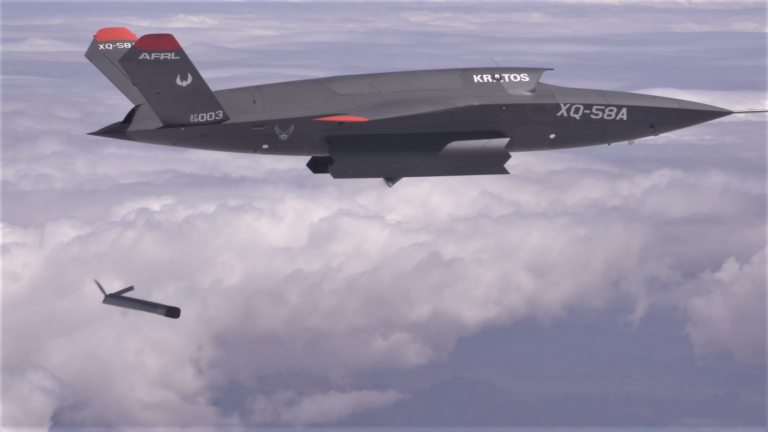AI Key to Keeping U.S. Military Ahead, Says Retired General
Retired Army Gen. Mark Milley believes that artificial intelligence (AI) is crucial to maintaining the United States’ military superiority. In an interview with “60 Minutes,” the former chairman of the Joint Chiefs of Staff stated that the U.S. military must adapt to the rapidly evolving AI landscape to stay ahead.
Milley emphasized that future wars will be different due to AI’s rapid advancement. To secure victory, the U.S. must be prepared to adopt and adapt to AI technology.
U.S. Leads the Charge
Milley expressed the importance of the U.S. taking the lead in AI rather than China. He explained, “Artificial intelligence is extremely powerful and will likely be optimized for military command and control within the next 10 to 15 years.”
Christopher Alexander, a former Army information warfare operator and chief analytics officer of Pioneer Development Group, agrees. He sees AI as vital for various military functions, including autonomous vehicles and intelligence analysis, allowing planners and analysts to focus on more critical tasks.
AI’s ability to expedite understanding and precise responses will extend from staff processes to the battlefield.
AI in Military Strategy
Milley pointed out that AI will significantly impact the “OODA loop” (observe, orient, decide, act), where military leaders determine their next moves. AI will analyze vast amounts of information and provide suggestions for U.S. force movements, replacing the need for Napoleon-like late-night strategy sessions.
Phil Siegel, founder of the Center for Advanced Preparedness and Threat Response Simulation, stressed the importance of using AI in strategy and tactics. He believes it’s crucial to hire AI experts and collaborate with the private sector to ensure the military’s capabilities progress rapidly.
AI’s Role in the Future
Milley and experts agree that every nation will use AI in military operations, making it vital for the U.S. to stay at the forefront. However, the potential for AI to make wars more likely remains a topic of concern, as it poses legal, ethical, and moral implications that leaders are only beginning to address.

